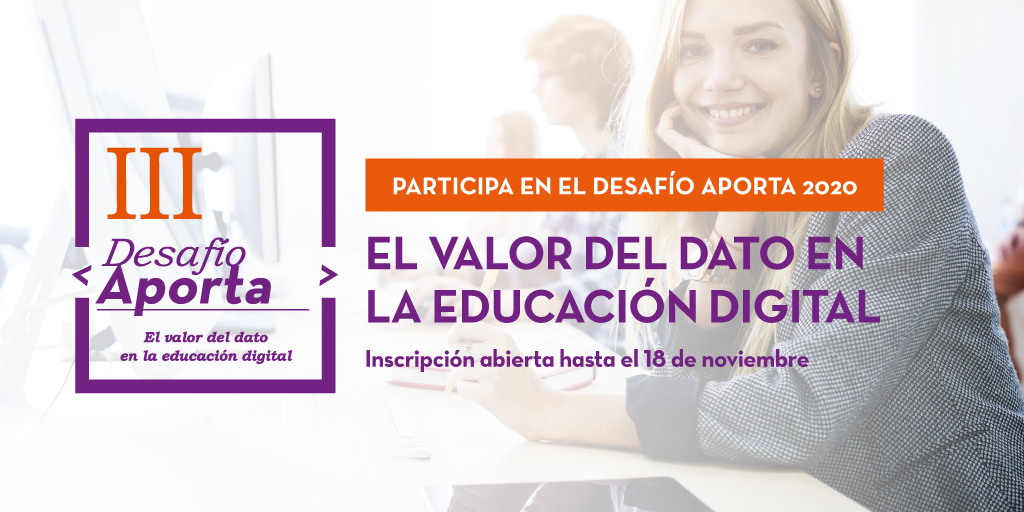11 posts found
Benefits and opportunities of public initiatives for open data visualisation
Imagine you want to know how many terraces there are in your neighbourhood, how the pollen levels in the air you breathe every day are evolving or whether recycling in your city is working well. All this information exists in your municipality's databases, but it sits in spreadsheets and technical d…
Data on the banking sector: sources of access
Access to financial and banking data is revolutionising the sector, promoting transparency, financial inclusion and innovation in economic services. However, the management of this data faces regulatory challenges in balancing openness with security and privacy.
For this reason, there are different…
DGT datasets to help improve traffic and road safety
The General direction of traffic (DGT in its Spanish acronym) is the body responsible for ensuring safety and fluidity on the roads in Spain. Among other activities, it is responsible for the issuing of permits, traffic control and the management of infringements.
As a result of its activity, a larg…
Open data in local authorities: priorities and highlighted datasets
Local public bodies, such as county councils and municipalities, play a crucial role in opening their data to the public. Making data available to citizens not only builds trust in institutions, but also drives innovation, facilitates citizen participation and promotes informed decision-making. Thro…
The implementation of the EU Data Governance Regulation in Public Administrations
Since 24 September last year, the Regulation (EU) 2022/868 of the European Parliament and of the Council of 30 May 2022, on European Data Governance (Data Governance Regulation) has been applicable throughout the European Union. Since it is a Regulation, its provisions are directly effective without…
Open science and information systems for research
The European Open Science Cloud (EOSC) is a European Union initiative that aims to promote open science through the creation of an open, collaborative and sustainabledigital research infrastructure. EOSC's main objective is to provide European researchers with easier access to the data, tools and re…
What are the advantages of participating in a hackathon or data-related competition like the Aporta Challenge?
Hackathons, contests or challenges related to data are a different way to test your ideas and/or knowledge, while acquiring new skills. Through this type of competition, solutions to real problems are sought, often in multidisciplinary teams that share diverse knowledge and points of view. In additi…
Validation of the Royal Decree-Law on reuse of public sector information and open data
Why a Royal Decree-Law?
In the plenary session of the Congress of Deputies held on December 2, 2021, Royal Decree-Law 24/2021, of November 2, on the transposition of several European Union directives, including Directive (EU) 2019/1024 of the European Parliament and of the Council, of June 20, 2019,…
How to contribute to improving digital education through the Aporta Challenge
The Aporta Challenge, in line with many other initiatives promoted by public administrations, could not be unaware of the great challenges we are facing in this year 2020. For this reason, its third edition, while fulfilling its usual objective of promoting the use of data and related technologies,…
The Aporta Challenge moves on to the 2nd phase after selecting the 10 best ideas of the 45 presented
The first phase of the Aporta Challenge 2017: The value of data for the Administration has come to an end. The competition "How to reuse open data to improve efficiency in public administration", promoted by the State Secretariat for the Information Society and Digital Agenda, the Public Body Red.es…









